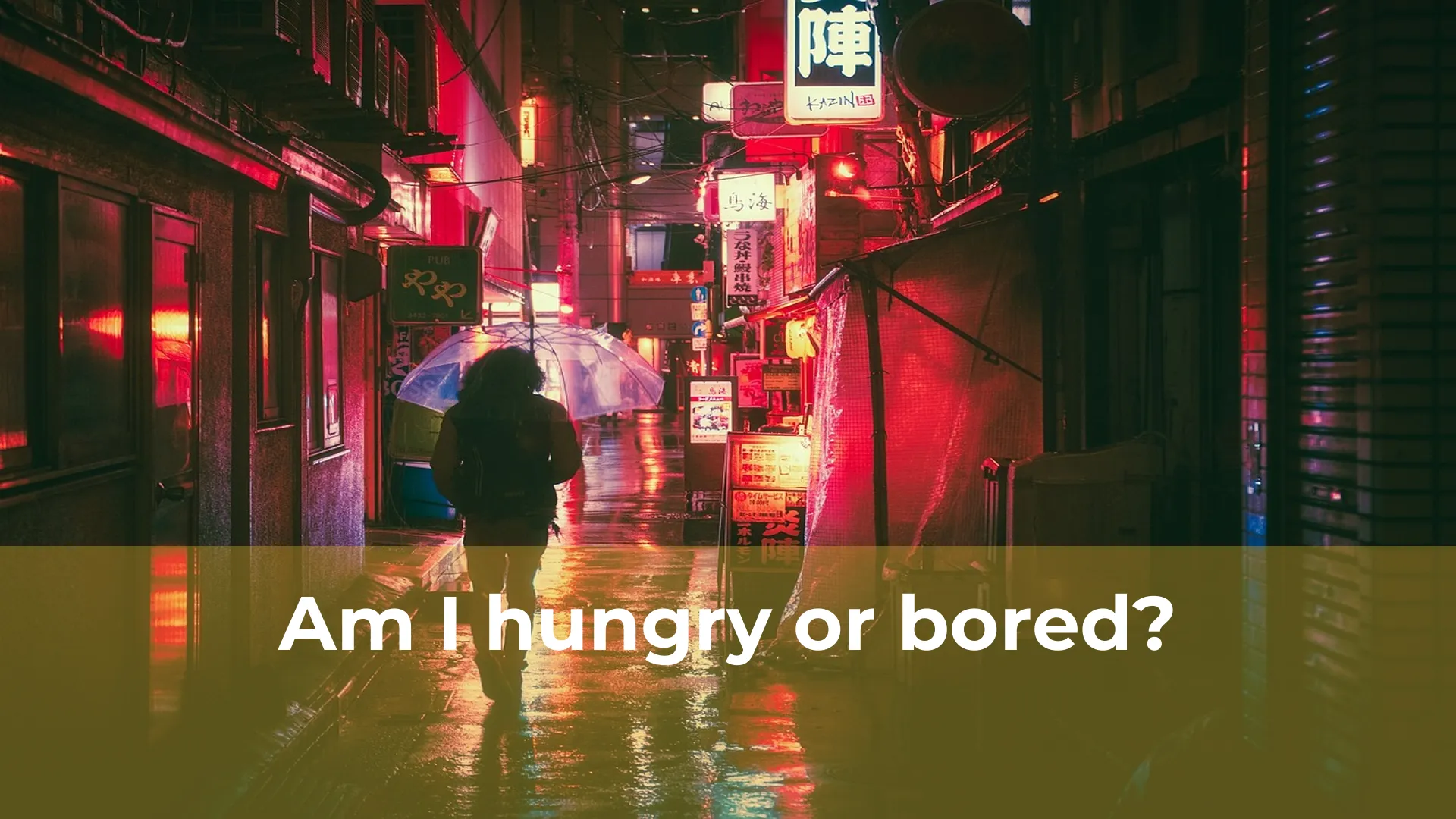Am I hungry or bored?
Am I hungry or bored? How to distinguish between physical hunger and emotional eating
Do you find yourself reaching for a snack even when you’re not genuinely hungry? It’s a common dilemma many of us face – confusing our body’s cues for hunger with other emotions such as boredom, stress, or even loneliness. In a world where food is readily available and often used as a source of comfort, it’s important to understand the difference between genuine hunger and emotional eating. By recognizing these distinctions, we can make healthier choices and develop a better relationship with food.
1. The Science Behind Hunger and Boredom
Ever wondered why you feel hungry even when you know you’ve had enough to eat? Or why you reach for unhealthy snacks when you’re bored? The answer lies in the fascinating science behind hunger and boredom. Our bodies are incredibly complex systems that rely on a delicate balance of hormones and neurotransmitters to regulate our appetite and mood. Understanding the science behind these sensations can help us make healthier choices and lead more fulfilling lives.
When it comes to hunger, it’s not just a matter of an empty stomach. Our brains play a crucial role in determining when and how much we eat. Hormones like ghrelin, known as the „hunger hormone,” send signals to our brain to increase our appetite. On the other hand, hormones like leptin, known as the „satiety hormone,” send signals to let our brain know when we’ve had enough. However, these signals can sometimes get disrupted, leading to overeating or feeling hungry even after a meal. By understanding the intricate science behind hunger, we can better manage our food choices and maintain a healthy relationship with eating.
2. Understanding the Link Between Hunger and Boredom
Many people have experienced the feeling of hunger and boredom simultaneously, but few understand the link between the two. Recent studies have shed light on the connection, revealing that there is more to it than meets the eye. When we are bored, our brains crave stimulation, and one way to satisfy this craving is through eating. This explains why we often turn to snacks and comfort foods when we have nothing else to do. However, this habit can lead to overeating and weight gain, making it essential to find healthier ways to combat boredom. By understanding the link between hunger and boredom, we can make more informed choices about our eating habits and ultimately lead healthier lives.
3. The Psychological Factors Influencing Our Appetites
Our appetites are influenced by more than just physical hunger and taste preferences. In fact, there are numerous psychological factors that play a significant role in shaping our eating habits. From emotions and stress levels to social and environmental cues, understanding these influences can help us make healthier choices and develop a more balanced relationship with food.
One of the key psychological factors that affects our appetites is emotions. Many people turn to food as a way to cope with stress, boredom, loneliness, or other emotional states. This emotional eating often leads to overeating or indulging in unhealthy foods. By recognizing and addressing these emotional triggers, we can find alternative ways to manage our emotions without relying on food. Additionally, our mood can also impact our appetite, with studies showing that positive emotions can increase hunger while negative emotions can suppress it.

